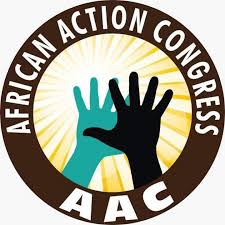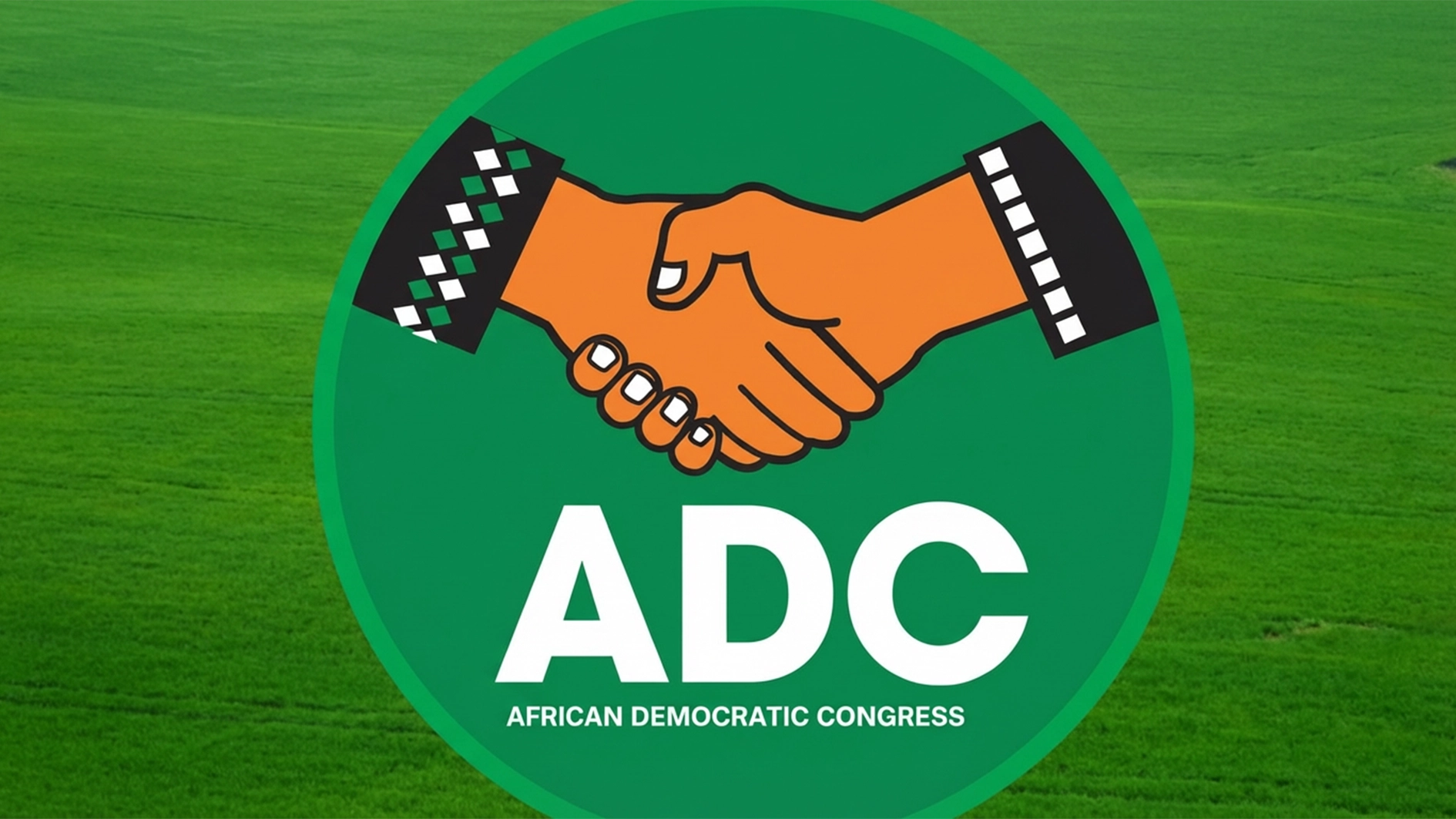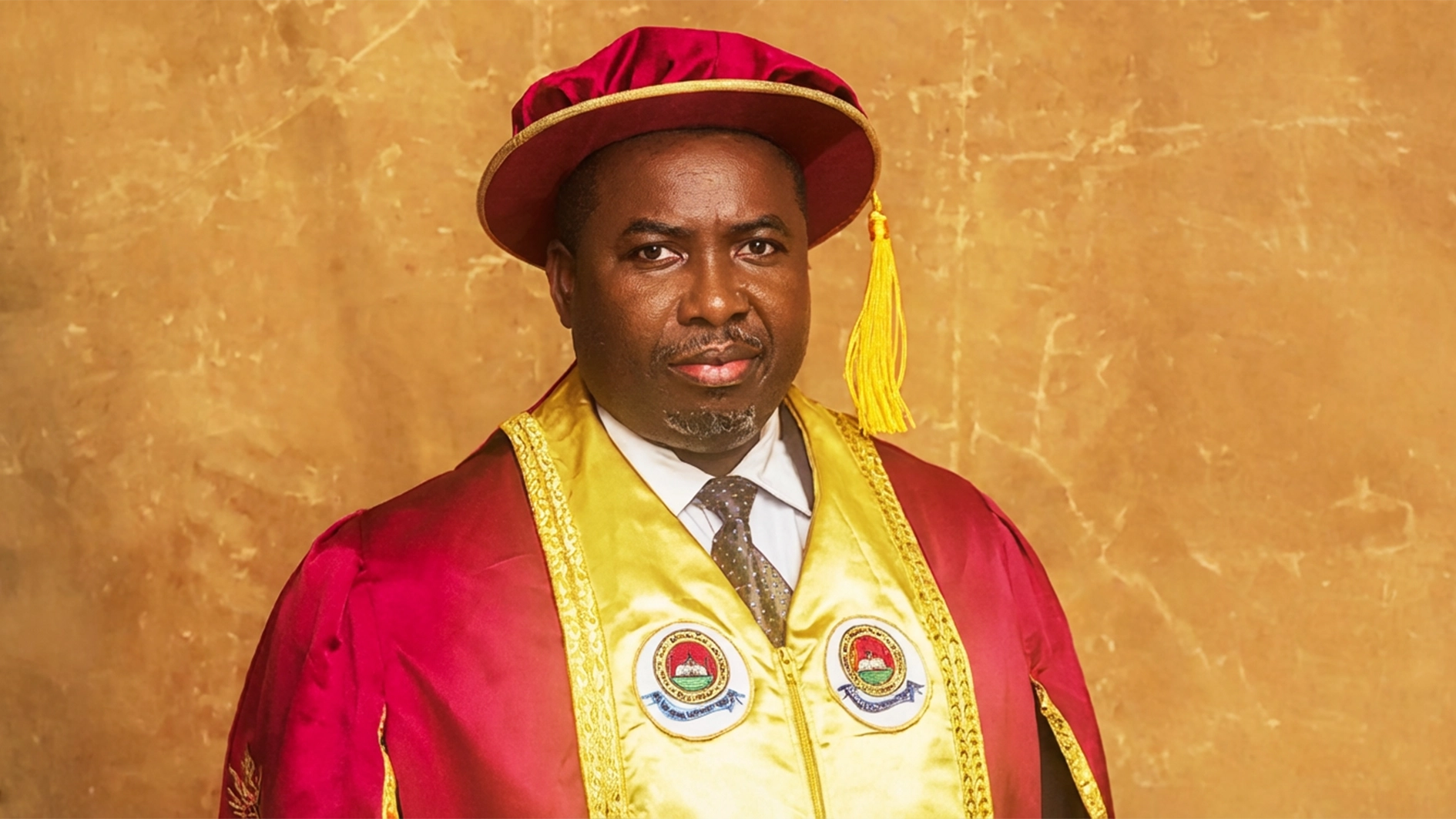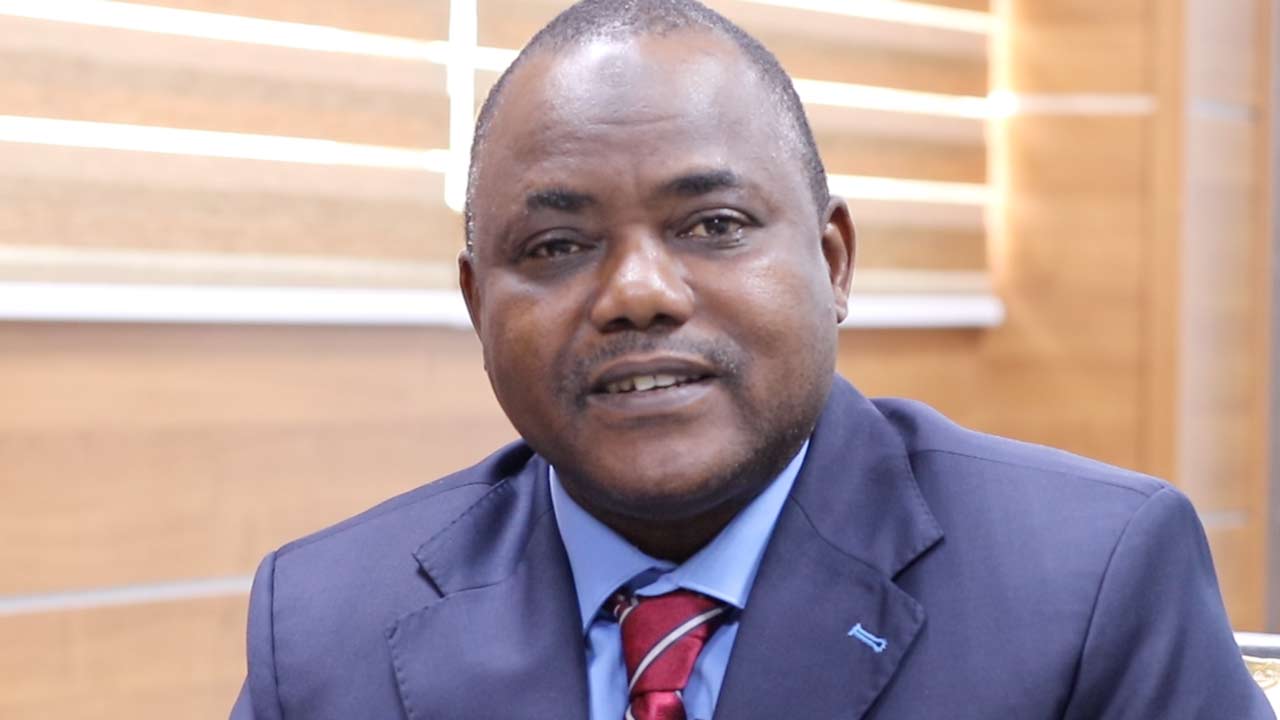
•Enough is enough of this injustice, says IDU’s Amadhe
The proposed bid and sale of marginal oil fields to local investors in the oil-bearing communities of Isoko, Itsekiri, Ijaw, Ndokwa, and Urhobo ethnic nations in Delta State have sparked renewed agitation for change of strategy among the marginalised oil-producing communities of the Niger Delta. For once and since oil was discovered in commercial quantities and being exploited in these communities, there is common understanding among them of their marginalised status.
Now unable to bear it any more, they are demanding that the acute neglect they have suffered in the 62 years that active oil extraction has taken place in their midst must change. They are demanding an end to under-development and the need for them to actively participate in the oil business. They also demand that the oil companies be responsive to the needs of the local communities if they must continue to do business. They are demanding that outsiders should not be the only ones to benefit from the oil-wealth lodged underneath the soil God chose to locate them while they remain in darkness and extreme poverty; they are demanding that they also want to enjoy the benefits that accrue from the natural mineral as well.
Almost in one accord, the ethnic nations of Isoko, Itsekiri, Urhobo, Ndokwa, and Ijaw are demanding a paradigm shift in the policies regulating oil exploration activities. In effect, they want a buy-in into the process of engaging in oil mining activities just like their counterparts in Zamfara, Osun, and other places are mining solid minerals located in their domains. Perhaps, the most painful aspect of the neglect and marginalisation these oil-bearing communities suffer is that only an insignificant number of their sons and daughters manage to be part of the oil industry that operates within their communities. While unemployment stare qualified young men and women in these communities in the face, people from areas with no oil at all are engaged to work all year round in their backyards.
Last June, Director and Chief Executive Officer of Directorate of Petroleum Resources (DPR), Mr. Sarki Auwalu, harped on the cavalier manner oil-bearing communities are treated by both local and major oil companies. He spoke ahead of the proposed bid for the 57 marginal oil fields and charged prospective marginal field bid winners to deal fairly or justly with the host communities.
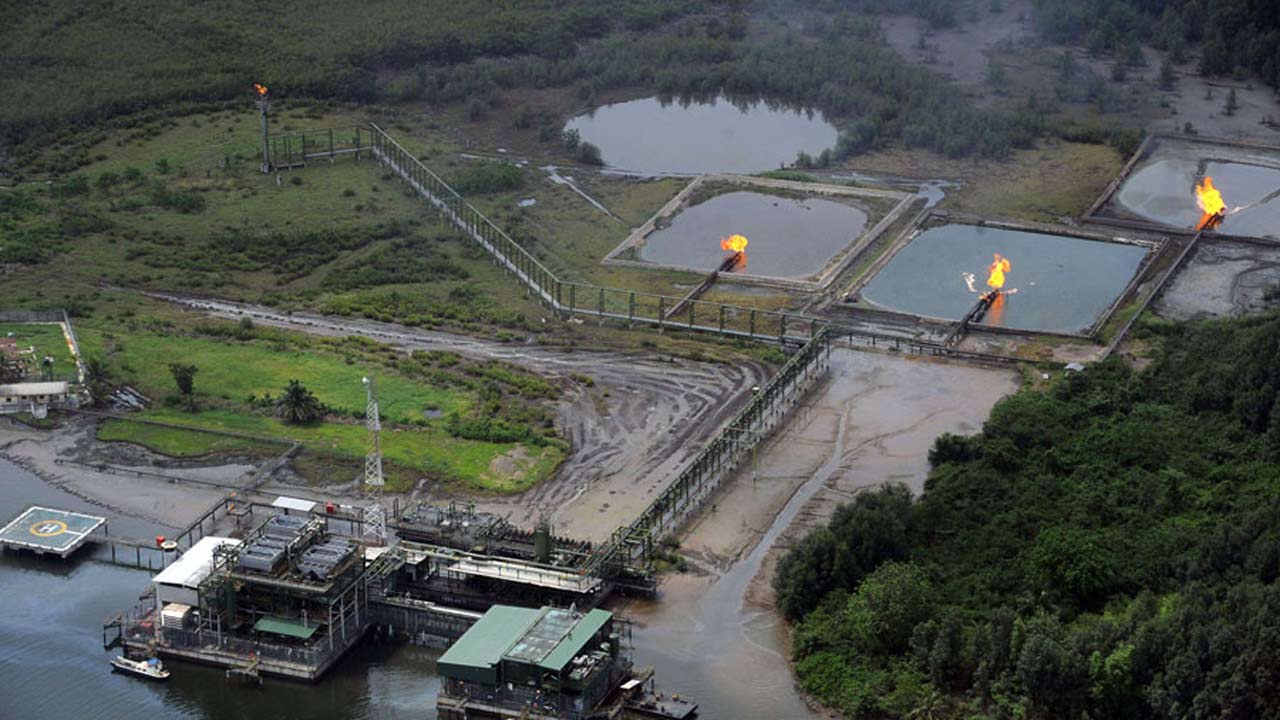
He said, “I advise marginal field operators to engage in better community relations to be more successful in their businesses. What we have seen is that indigenous marginal field operators do not take community relationships seriously, and so they end up facing apathy from the host communities. We advise that they bring themselves low to the level of their host communities to succeed.”
Auwalu was concerned that both the minor and major oil companies lack empathy in their relationship with host communities, where they operate, choosing instead the path of arrogance and impunity since they always have the backing of the federal government that is only interested in the proceeds that come to its coffers.
Also, Senior Special Assistant to the President on Niger Delta Affairs, Senator Ita Enang, recently enjoined oil companies to honour agreements reached with host communities to avert confrontations that bode ill for the economy.
According to him, “IOCs should respect terms and conditions of the agreements” reached with host communities. But what emerged from Sen. Enang’s submission suggested that government valued more the peace that should exists between host communities and oil companies, so exploitation activities would not be disrupted to hurt the economy and not the wellbeing of oil communities. Sen. Enang’s guests from Umusadege of Utagba-Ogbe in Ndokwa West Local Government Area, Delta State, demanded that Nigeria Agip Oil Company (NAOC) must pay 42-year old unpaid land rents to the tune of over $USD211 billion.
As things stand, host communities of oil companies have expressed readiness to change the engagement narrative on how oil operations are carried out in their communities. Essentially, they want their sons and daughters to own and manage some of these oil fields. They want a halt to the highhandedness of the oil companies, which always have the backing of the federal government to maltreat host communities and get away with it.
By demanding to be part of the oil production process through these marginal oil fields, the belief among host communities is that if their sons and daughters are in control of operations, they will be able to change the landscape of the neglected communities for the better. With the financial empowerment that prospecting oil brings, the sons and daughters of host communities managing the oil production operations would be able to reshape these communities away from age-long neglect and usher in modernity.
The Isoko Development Union (IDU), led by its President, High Chief Idu Amadhe, recently addressed the vexed issue of continuing marginalization of Isoko with its nine oil fields and why such abuse should immediately stop. Like their neighbours in Delta and the entire Niger Delta, the Isoko people also want to play a part in the oil resource that is abundant in their land.
According Amadhe, “The Isoko nation seriously frowns at the marginalization of our sons and daughters bidding for the 57 marginal oil field in Delta State. This is most unacceptable because we have many of our indigenes, who have the expertise, the experience and resources to play key roles in the oil industry but for too long, outsiders, who are not necessarily better qualified than our people are brought into the system to buy our God-given oil assets to our own detriment.
“This time around, we are not going to allow it. Enough is enough of this injustice. We are therefore in total agreement with our brothers in Ijaw, Itsekiri, and Urhobo lands that those of us from oil producing communities should be given the rights of first refusal in the bidding process. We therefore call on the federal government to discontinue any action to the contrary.”
Amadhe traced the history of oil mining in the country and placed Uzere in Isoko as the second community where oil was discovered in commercial quantity after Oloibiri in Bayelsa State.
“At this point, it is pertinent to remind the government that Isoko is the second place where crude oil was discovered in commercial quantity in this country. That was at Uzere in 1958 soon after the first one at Oloibiri in Bayelsa State. Currently, Isoko crude oil contributes about 19 per cent to the total output of the production quota in Delta State. Isoko ethnic nation has eight oil fields namely: Uzere East, Uzere West, Oroni, Ogini, Oleh, Olomoro, Iwe Agip field, which extends to Isoko community in Bayelsa State.”
While eschewing a resort to violence in agitating for inclusiveness in the operations of oil in their land, Amadhe ruefully said, “It is very painful that Isoko, which has been producing oil for the past 62 years to feed the whole country, has been totally denied of the national resource. The main reason is because we have always preferred to toe the path of peace instead of violence. It is rather unfortunate that the government only compensates violence and neglects peacemakers like us.”
Ndoshimili Indigenous People of Ndokwa East (NIPONE) also made its voice heard in the continuing agitation for the proper operations of oil in their host communities by oil companies. After rising from its August 6 meeting in Aboh, capital of Ndokwa East Local Government Area (NELGA), the group made an eight-point demand on the federal government on the relationship that should exist between oil firms and host communities in the locality.
A communiqué it issued read in part, “Immediate provision of electricity to all communities in the local government area. The federal government and its major oil and gas partners are guilty of criminal neglect, deprivation and marginalization for keeping the host communities of oil and gas exploration companies and a host of the Independent Power Plant (IPP), which contributes over 480 megawatts of electricity to the National Grid, in darkness since commissioning of the plant more than 12 years ago.
“That the federal government of Nigeria directs the oil and gas exploration companies in NELGA to immediately relocate and maintain operational administrative offices capable of employing local personnel and resources so as to contribute to the development of host communities in Ndokwa East LGA.
“That from this day forward, our sons and daughters must be given the right of first refusal in all bidding process for contracts in the oil and gas companies in our communities as well as in the allocation of oil blocks that are situated in Ndokwa East Local Government Area.
“That the right of first refusal is given to our qualified sons and daughters regarding employment positions in all the oil and gas companies operating in the local government in the spirit of local content principle. If you visit these companies today, you hardly find our people working in their operations. This is injustice and, in fact, insulting to us. For years, we have condoned this inhumanity and provided security to these companies and their personnel while being taken for granted. Not any more; this must end.”
Oil-bearing communities in Itsekiri land have also expressed their grievances against the government for not giving locals opportunity to play a part in oil production in their land. Movement for the Development of Itsekiri Oil/Gas Producing Communities vowed to disrupt oil and gas production in their area if the federal government failed to reverse the current bidding for 57 marginal oil fields. The group made their views in a protest held at Ugborodo town, an oil-bearing community in Warri South West Council Area of Delta.
The protesters had placards with inscriptions that read: “We Will Shut the Nigeria Economy to Ground Zero”, “Strangers Will No Longer Own Marginal Field In Our Land”, “We Seek Federal Employment In Our Land”, “The IOCs Should Be Prepared, Few Days to Go”. The Itsekiri group urged government to address with urgency what they called “outright marginalisation of Itsekiri nation in project execution, employment opportunities and the recently announced 57 marginal oil fields”.
The group’s chairman, Mr. Isaac Botasan, sent a message to DPR’s MD, Auwalu, saying, “If competent companies owned by Itsekiri indigenes are not considered by DPR for the 57 marginal fields with immediate effect, we will shut down operations of the multi-national oil and gas companies (IOCs) operating in our homelands.”
Interestingly, Botasan spoke the minds of the entire marginalised oil-bearing communities of the Niger Delta, who bear the brunt of oil exploitation without benefits for over 60 years. Not long after, other Urhobo agitation groups, including Urhobo Youth Leaders Association also lent their voices to the agitation for the 57 marginal oil fields up for sale.
Its leader, Olorugun Vincent Oyibode, made far-reaching demands on government when he said, “Stop the sale of 57 marginal oil fields to strangers and give priority of choice to investors from the host communities.”
But beyond protests and threats, what are oil producing communities doing to benefit from the bid rounds? Are they pulling resources together? Or are they going to the banks to obtain credit? Marginal oil licenses are sold not dished out, even at right of first refusal.



